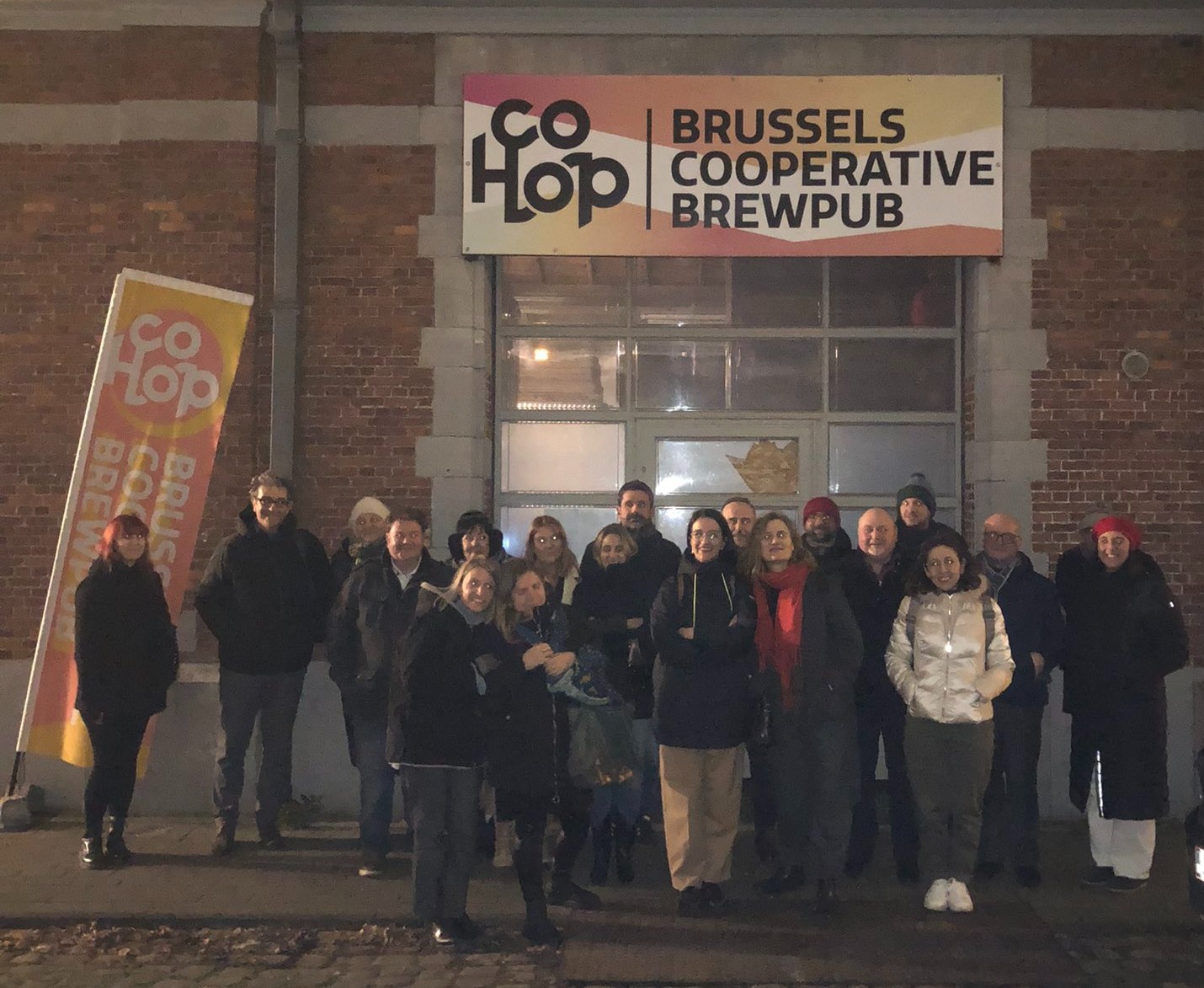
The event brought together leading experts, including Uma Rani (International Labour Organization), and researchers from universities in Copenhagen, Milan, Nantes, Barcelona, Limerick, and Groningen. They presented findings on platform business models, worker experiences, social dialogue challenges and emerging policy solutions. The ORIGAMI project analyzed digital platforms that operate in European care services. Case studies across Denmark, Italy, Spain, France and the Netherlands showed diverging national approaches, ranging from collective bargaining experiments to hybrid public–cooperative solutions. Policymakers from the European Commission, European Trade Union Institute (ETUI) and AGE Platform Europe discussed the need for fair competition, transparency, and more robust worker protections.
Francesco Bonifacio presented Family Assistant, a local Italian care cooperative platform created by municipalities in collaboration with cooperatives to support families requiring low-intensity services, such as accompaniment or companionship. The project combines training, a digital matching tool and aims to professionalize workers while preserving flexibility. It operates as a regulated marketplace coordinated by public authorities and cooperative partners, offering safer and higher-quality services for families and better protections for workers.
Diana Dovgan, CECOP Secretary General, stressed that cooperatives already play a major role in care provision and have a great potential to offer a more sustainable and socially responsible alternative to the dominant commercial platform models. She outlined that if care workers co-own the digital infrastructure, they can shape algorithms, data use, and value distribution.
Diana Dovgan raised concerns regarding unfair competition from large capital-driven platforms and welcomed the EU Platform Work Directive (2024) as a crucial step toward fairer labour conditions and a more equal playing field.
Reflecting on examples presented by researchers, she emphasized the need for cooperation between cooperatives, trade unions, and public/local authorities to scale responsible digital innovation. Cooperative platforms co-created with local authorities, such as Consegne Etiche (Bologna) or AUTO’TREMENT (Strasbourg), show how public–cooperative partnerships can foster democratic digital services for the public good.
CECOP will continue advocating for a democratic, fair and human-centred platform economy, building on the insights and collaborative momentum generated by the ORIGAMI project.







 Employment & Social Inclusion
Employment & Social Inclusion  Entrepreneurship
Entrepreneurship Sustainable Growth
Sustainable Growth 

